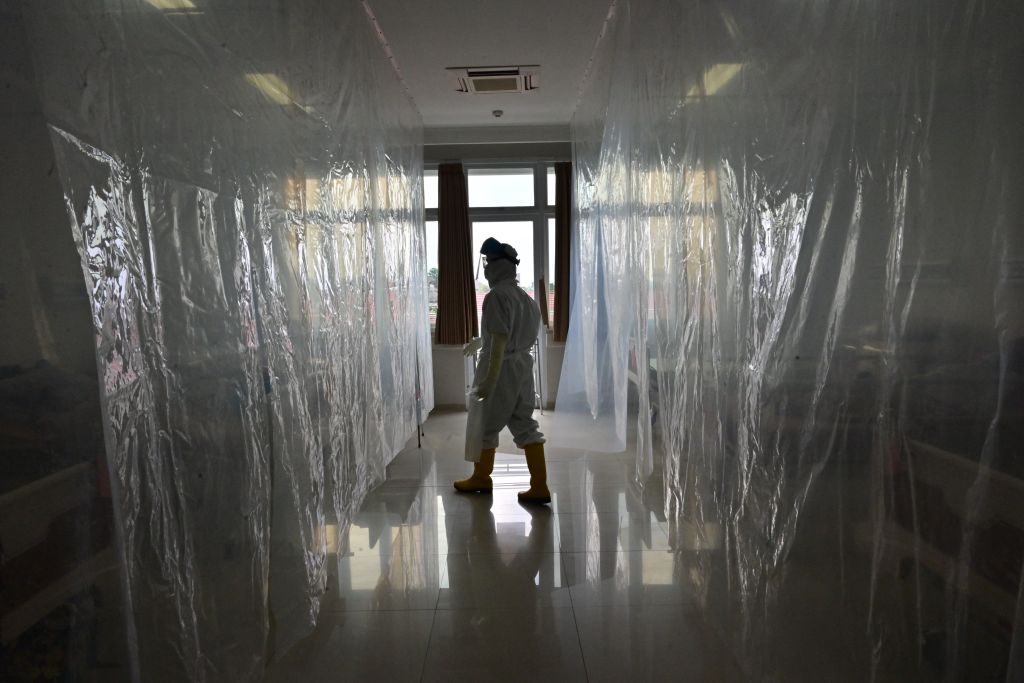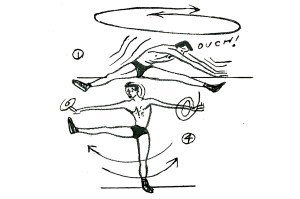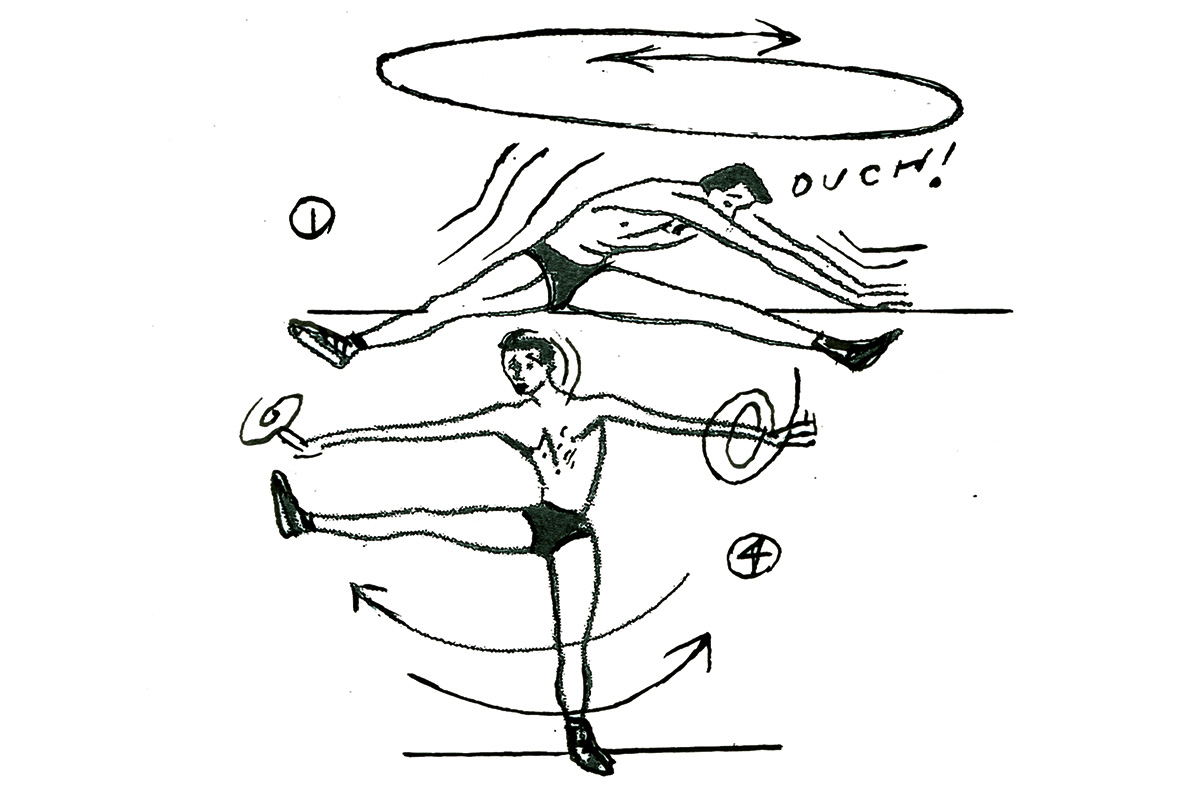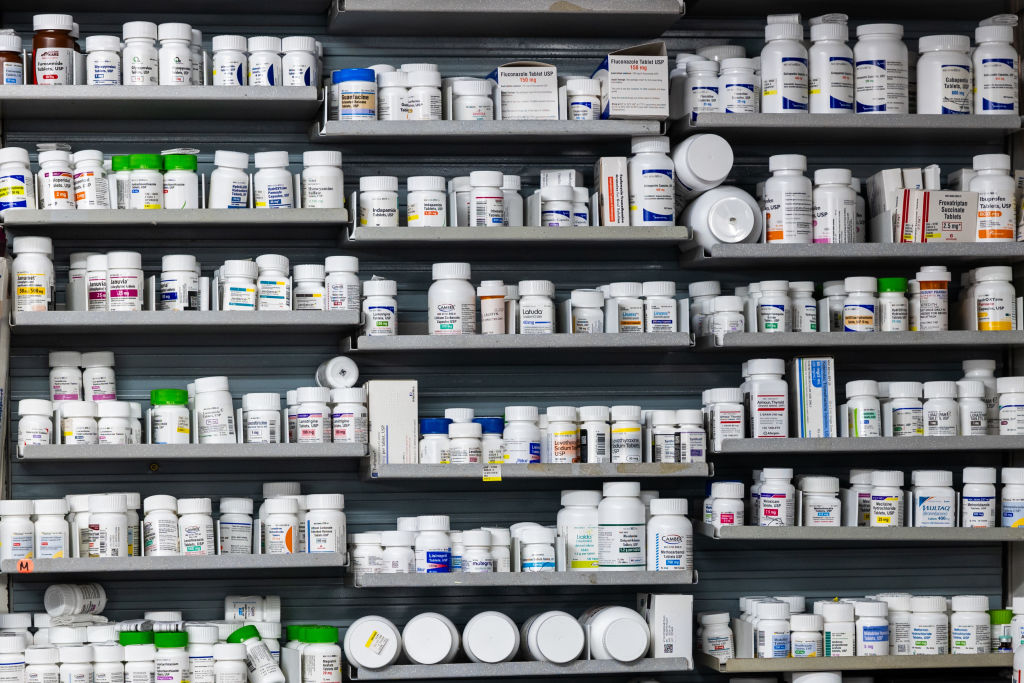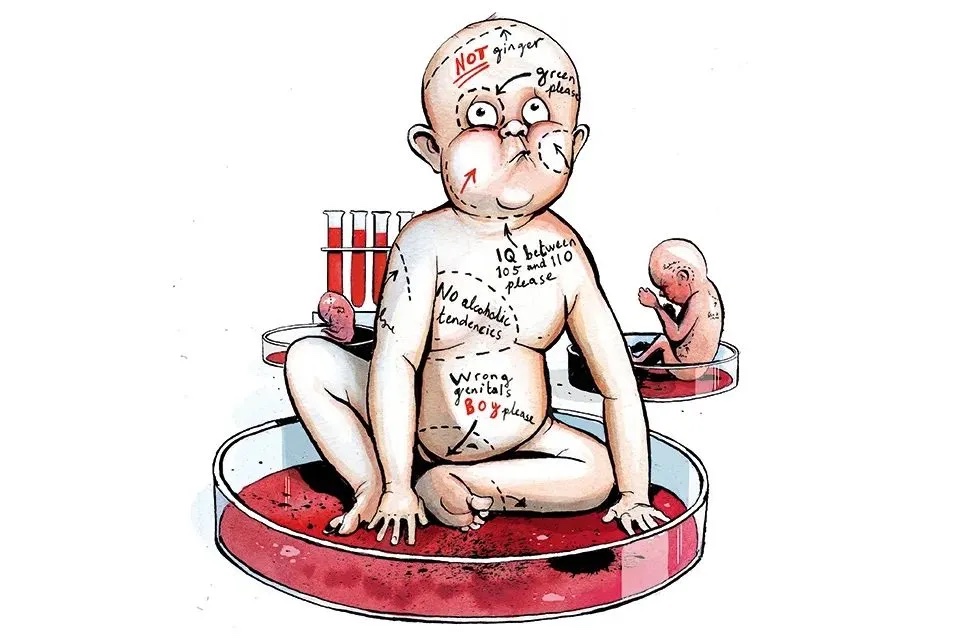When we trained at medical school we were taught to approach each patient on his or her own merits. We were taught to take a history: ask questions about past medical problems, drugs and present complaints; to do a physical examination and make a management plan including those tests that allowed us to narrow the range of possible diagnoses. Treatment was the next option. After we learned to do all this, we were awarded the title of doctor — professionally trained, licensed and regulated to carry out the procedures described. This model of actions which has a long history is called clinical medicine. But what impact has COVID-19 had on this tried and tested way of doing things?
In the last 30 years, clinical medicine has had two important evolutions. The first was the recognition of the primacy of the patient in all our actions. Physicians then become benign agents between the patients and the ‘system’ giving the best advice possible, reducing uncertainties, and directing action when needed on the basis of interpretation of the complex set of circumstances of each patient. The second is the advent of evidence-based medicine (EBM), or the recognition that any course of action needs to be based on the best available up to date scientific evidence. When there is uncertainty this needs to be communicated to the patient.
Patient-centricity and EBM became swiftly incorporated into clinical medicine. Communication, partnership and teamwork and ‘Maintaining Trust’ became essential components of Good Medical Practice — the essential guidance that describes what it means to be a good doctor. Effectively interacting with others and ensuring that all concerns are heard and above all ensuring the care of our patients is our first concern. The advent of the COVID-19 pandemic, however, has seen a retreat of clinical medicine, patient centricity and EBM.
Consultations have become more difficult to obtain, and the ignorance of the basics of infectious disease control has seen hospitals transformed into infectious centers with patients fearful of admission or outpatient appointments. Further nervousness among patients has been fueled by mathematical models purporting to forecast the future and mass and inappropriate use of tests which cannot distinguish those who are infectious and require isolation from those who harbor remnants of the infectious agents.
The patient has become a prisoner of a system labeling him or her as ‘positive’ when we are not sure what that label means. Physicians have been completely bypassed in the biotech decision-making machine that now makes and reports the diagnosis.
And what of EBM in all this? The deluge of studies on the previously little studied coronaviruses would point to a prodigious increase in knowledge, but only a few add to our understanding. Many are clearly ‘me too’ efforts where researchers need to have their name associated with the pandemic. A good example of this is the number of reviews of the evidence on masks published in the last three months — 15 to our knowledge. Yet, the number of published trials on the effects of masks in COVID-19 transmission is — so far — zero.
***
Get a digital subscription to The Spectator.
Try a month free, then just $3.99 a month
***
Governments are producing a series of contradictory and confusing policies which have a brief shelf life as the next crisis emerges. It is increasingly clear the evidence is often ignored. Keeping up to date is a full time occupation, and the advances of the last 30 years have at best been put on hold.
The duties of a good doctor include working in partnership with patients to inform them about what they want or need in a way they can understand, and respecting their rights to reach decisions with you about their treatment and care. Questions need to be asked as to how this will occur if you don’t see your doctor, particularly if all you have to do is line up at a drive-in to get your answer.
And ultimately what is a ‘good test’? We think it’s the test which helps your doctor narrow the uncertainty around the origins and management of your problem.
This article was originally published on The Spectator’s UK website.



